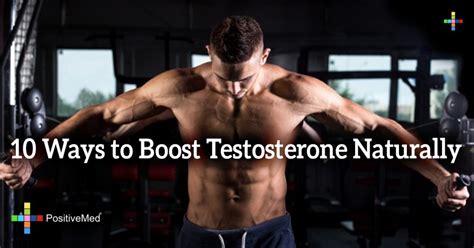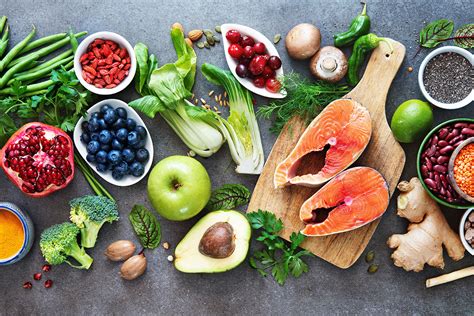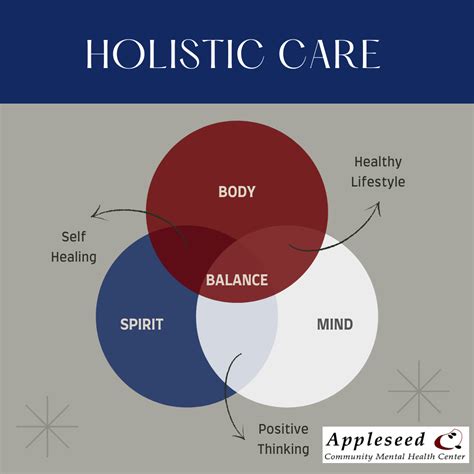Boost natural testosterone for peak male vitality & performance?

Unlock Your Peak Male Vitality with Natural Testosterone
Testosterone, often hailed as the cornerstone of male health, plays a pivotal role in far more than just libido and muscle mass. From energy levels and mood to cognitive function and bone density, optimal testosterone levels are crucial for men to feel and perform at their best. Unfortunately, many men experience a gradual decline in testosterone as they age, and modern lifestyle factors can accelerate this process, leading to a range of undesirable symptoms.
Understanding how to naturally support your body’s testosterone production is key to reclaiming vitality, boosting performance, and enhancing overall quality of life. This article delves into actionable, science-backed strategies to help you optimize your hormone health.

Why Testosterone Matters for Men’s Health
Beyond its well-known effects on sex drive and physical strength, testosterone impacts virtually every system in the male body. When levels are low, men may experience:
- Decreased energy and chronic fatigue
- Reduced muscle mass and increased body fat, especially around the abdomen
- Lowered libido and erectile dysfunction
- Mood swings, irritability, and even symptoms of depression
- Poor concentration and ‘brain fog’
- Reduced bone density, increasing fracture risk
- Sleep disturbances
These symptoms can significantly detract from a man’s performance, confidence, and general well-being. The good news is that many natural interventions can make a substantial difference.
Natural Strategies to Optimize Testosterone Levels
Boosting your natural testosterone production isn’t about quick fixes; it’s about adopting a holistic lifestyle approach that supports your body’s endocrine system.
1. Diet: Fuel Your Hormones Intelligently
What you eat directly impacts your hormone production. Focus on a balanced diet rich in whole foods:
- Healthy Fats: Essential for hormone synthesis. Include sources like avocados, nuts, seeds, olive oil, and fatty fish (salmon, mackerel).
- Lean Protein: Supports muscle maintenance and growth. Opt for chicken, turkey, lean beef, eggs, and legumes.
- Complex Carbohydrates: Provide sustained energy and can help regulate cortisol (stress hormone). Think whole grains, fruits, and vegetables.
- Micronutrients: Zinc, Vitamin D, and Magnesium are particularly crucial. Zinc is vital for testosterone production, Vitamin D acts as a steroid hormone precursor, and Magnesium is linked to free testosterone levels. Incorporate oysters, red meat, leafy greens, and sun exposure (for Vitamin D).
- Avoid Processed Foods & Excessive Sugar: These can contribute to inflammation and insulin resistance, negatively impacting hormone balance.

2. Exercise: Lift, Move, Thrive
Regular physical activity is one of the most potent natural testosterone boosters:
- Strength Training: Lifting weights or performing resistance exercises has been shown to increase testosterone levels, especially in the short term. Focus on compound movements (squats, deadlifts, bench presses) that engage multiple muscle groups.
- High-Intensity Interval Training (HIIT): Short bursts of intense exercise followed by brief recovery periods can also stimulate testosterone release.
- Avoid Overtraining: While exercise is good, excessive endurance training without adequate recovery can lead to decreased testosterone and increased cortisol. Find a balance.

3. Sleep: The Ultimate Hormone Healer
Lack of quality sleep is a significant disruptor of hormone balance. Testosterone is primarily produced during sleep, especially during REM cycles.
- Aim for 7-9 Hours: Consistent, high-quality sleep is crucial.
- Improve Sleep Hygiene: Establish a regular sleep schedule, create a dark and cool bedroom environment, and avoid screens before bed.

4. Stress Management: Taming the Cortisol Beast
Chronic stress leads to elevated cortisol levels. Cortisol and testosterone have an inverse relationship; as cortisol rises, testosterone tends to fall. Incorporate stress-reducing practices:
- Meditation and mindfulness
- Deep breathing exercises
- Yoga or tai chi
- Spending time in nature
- Engaging in hobbies you enjoy
5. Lifestyle Factors: The Bigger Picture
- Limit Alcohol Intake: Excessive alcohol consumption can disrupt hormone production.
- Avoid Endocrine Disruptors: Be mindful of plastics (BPA, phthalates) and certain chemicals in personal care products and pesticides, which can mimic or interfere with hormones.
- Maintain a Healthy Weight: Obesity, particularly abdominal fat, is strongly linked to lower testosterone levels due to increased aromatase activity, which converts testosterone to estrogen.

When to Consult a Professional
While natural strategies are powerful, it’s important to recognize that severe testosterone deficiency (hypogonadism) may require medical intervention. If you consistently experience significant symptoms despite adopting these lifestyle changes, consult a doctor. They can perform blood tests to assess your hormone levels and discuss appropriate treatment options.
Conclusion
Boosting natural testosterone for peak male vitality and performance is an achievable goal through consistent effort and smart lifestyle choices. By prioritizing a nutrient-dense diet, engaging in regular strength training, optimizing sleep, effectively managing stress, and being mindful of environmental factors, you can empower your body to produce the testosterone it needs. Embrace these strategies to not only enhance your physical and mental performance but also to cultivate a richer, more vibrant life.









